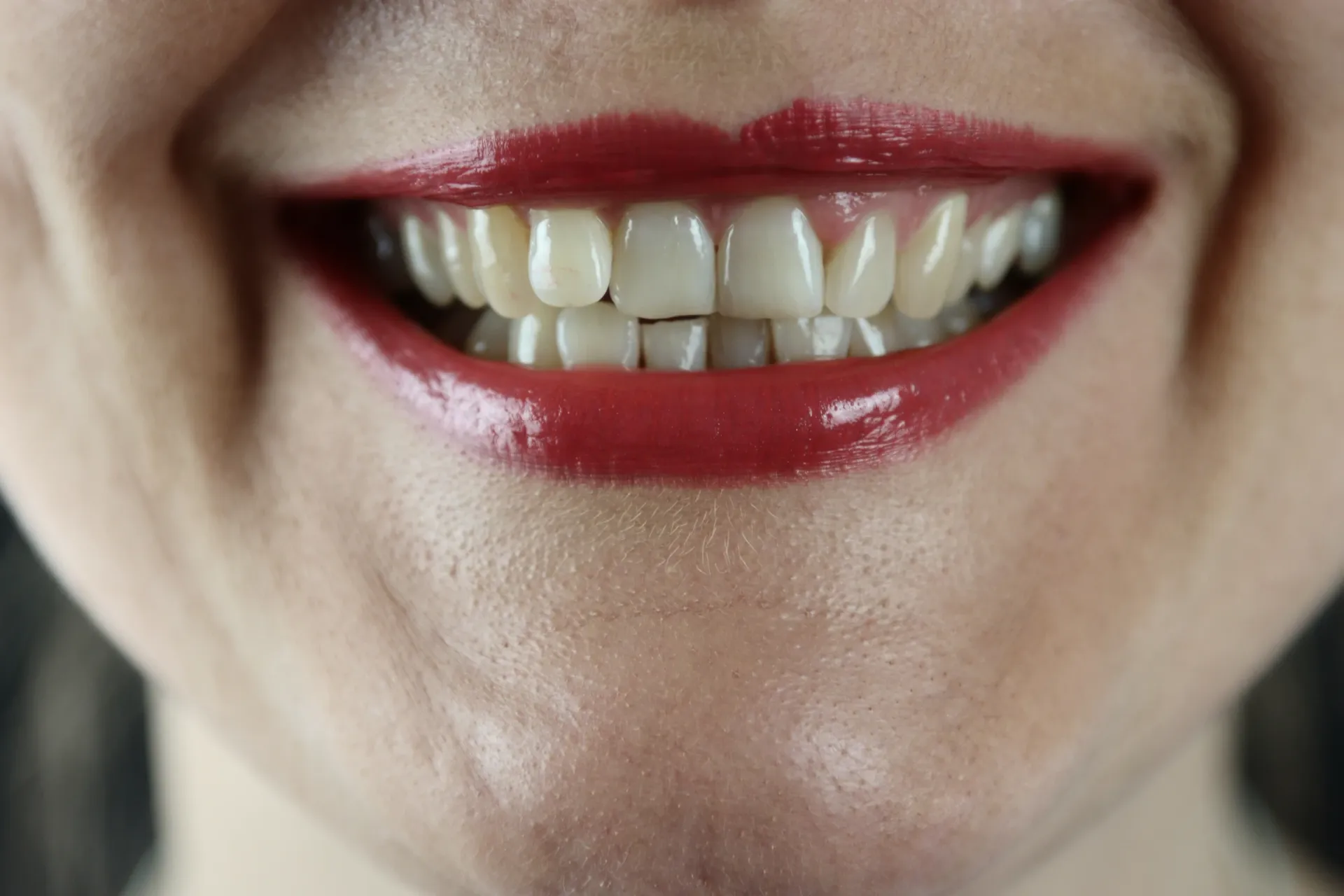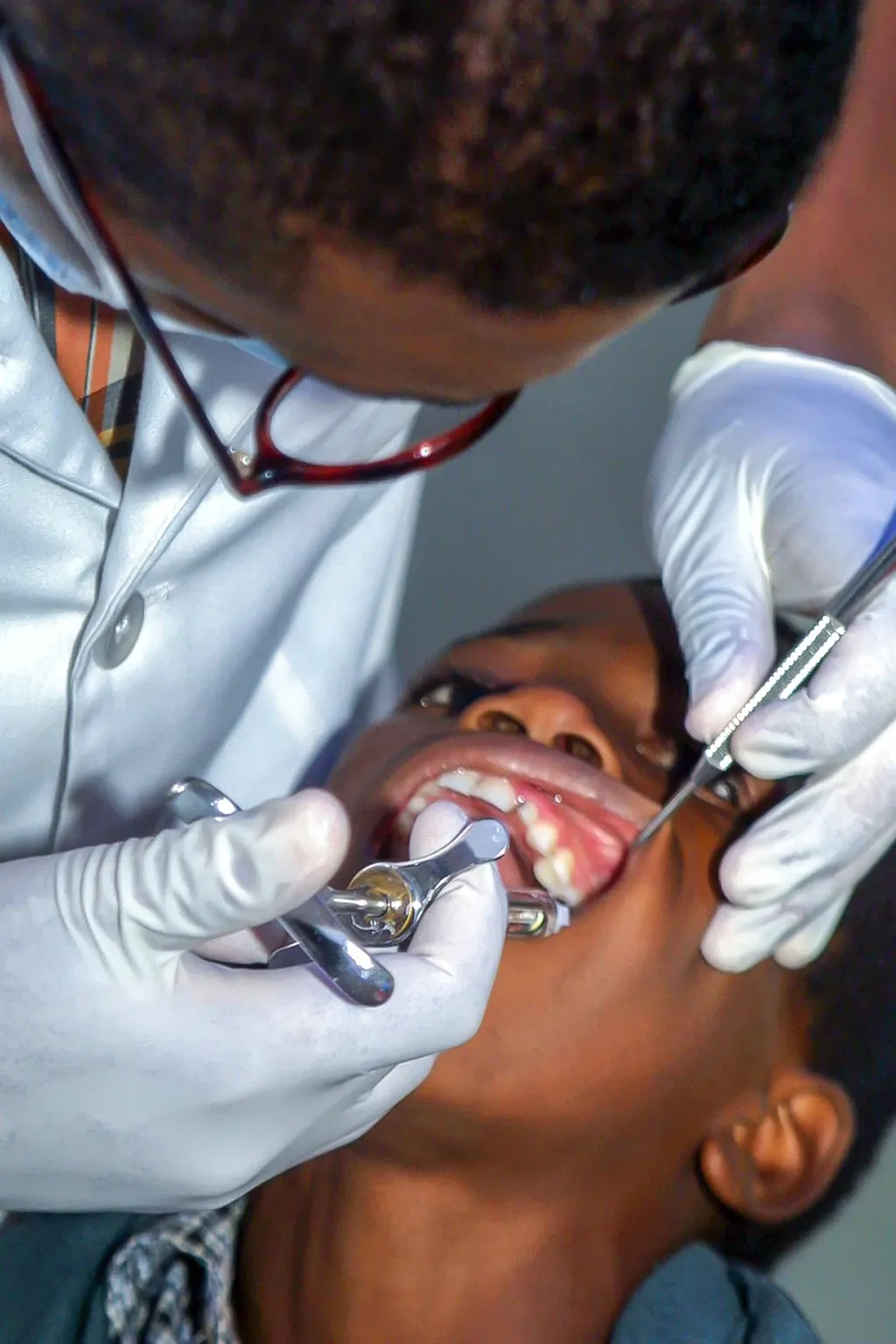A recent meta-analysis of 63 studies that included 1791 patients confirmed the presence of 23 oral bacterial species in atherosclerotic plaques. Some of the oral bacteria present included Campylobacter rectus, Porphyromonas gingivalis, Porphyromonas endodontalis, Prevotella intermedia, and Prevotella nigrescens.
Patients affected by oral infections are exposed to many toxins, metabolic products, and proteins of bacterial origin, which may influence the myocardium of the heart.
Inflammation, as well as atrial electrical and structural remodeling, is suggested to play a role in the initiation and perpetuation of AF. It is recommended to consider dental infections in these patients















